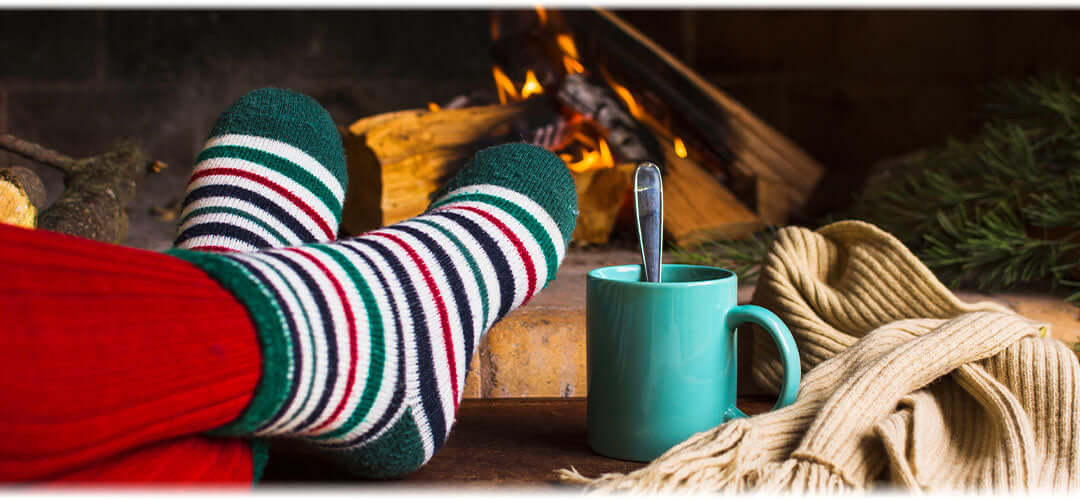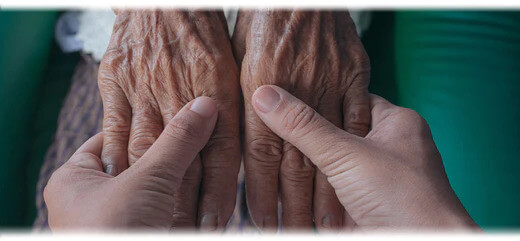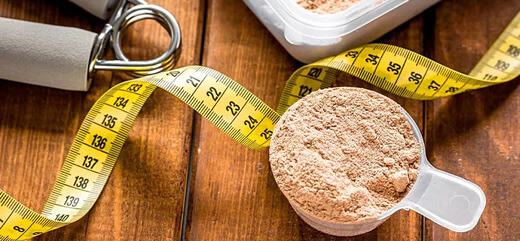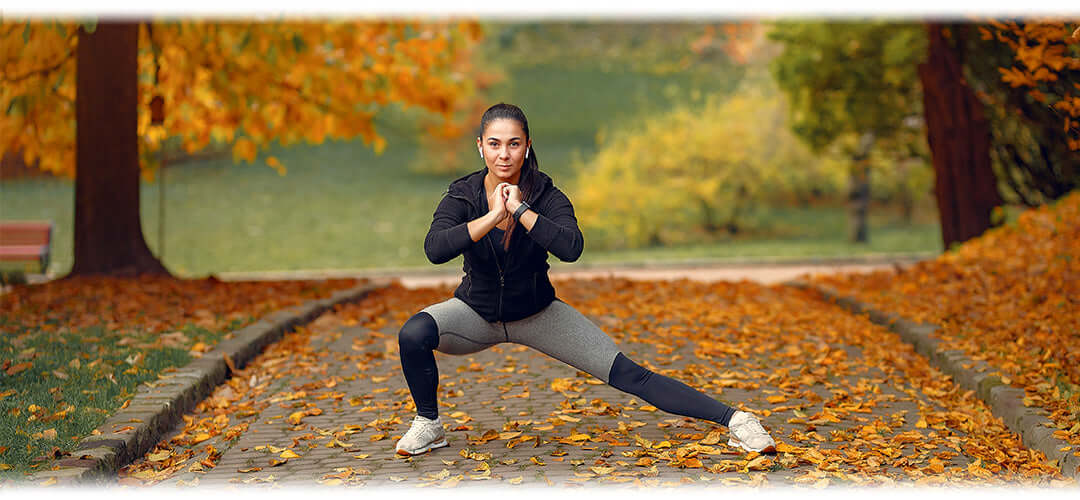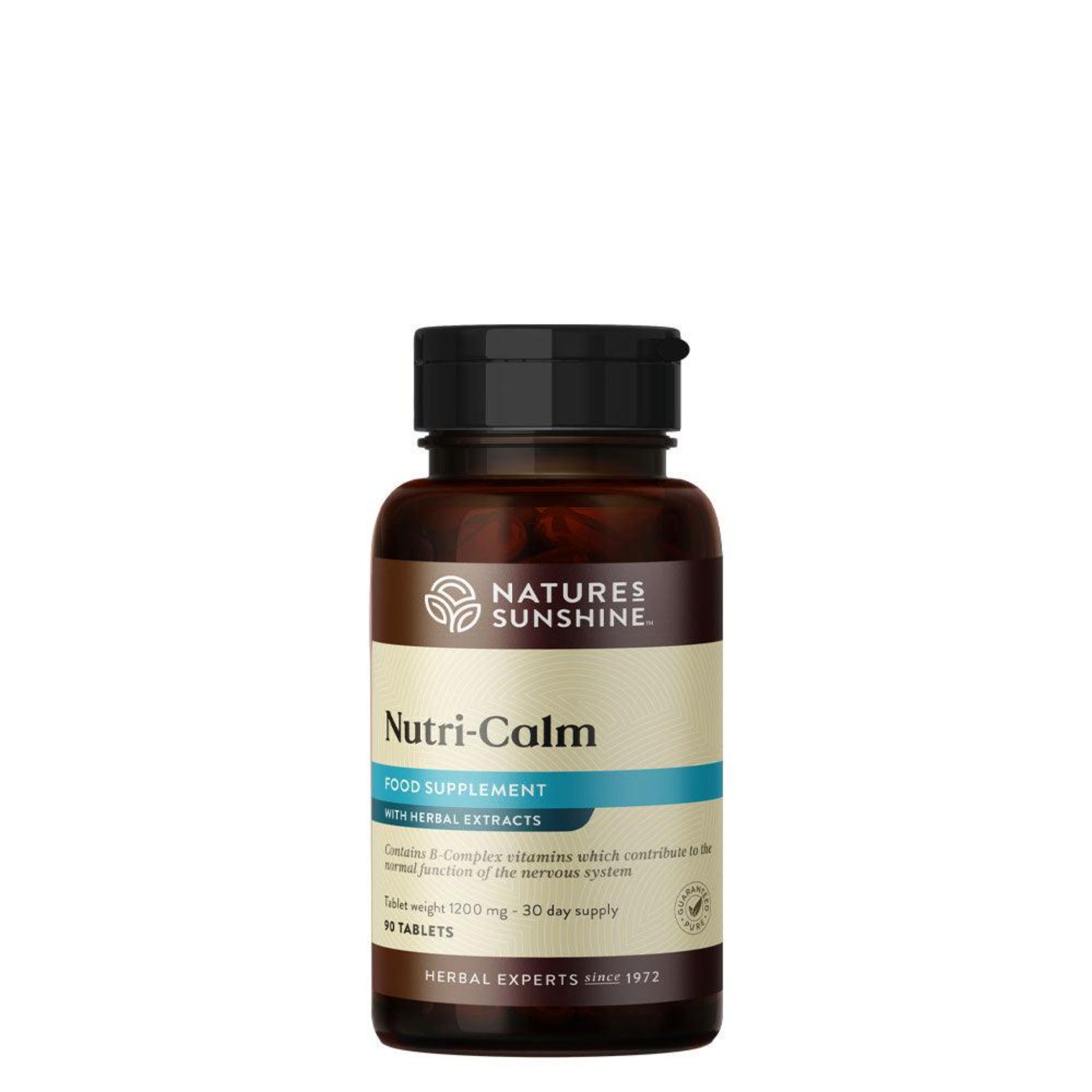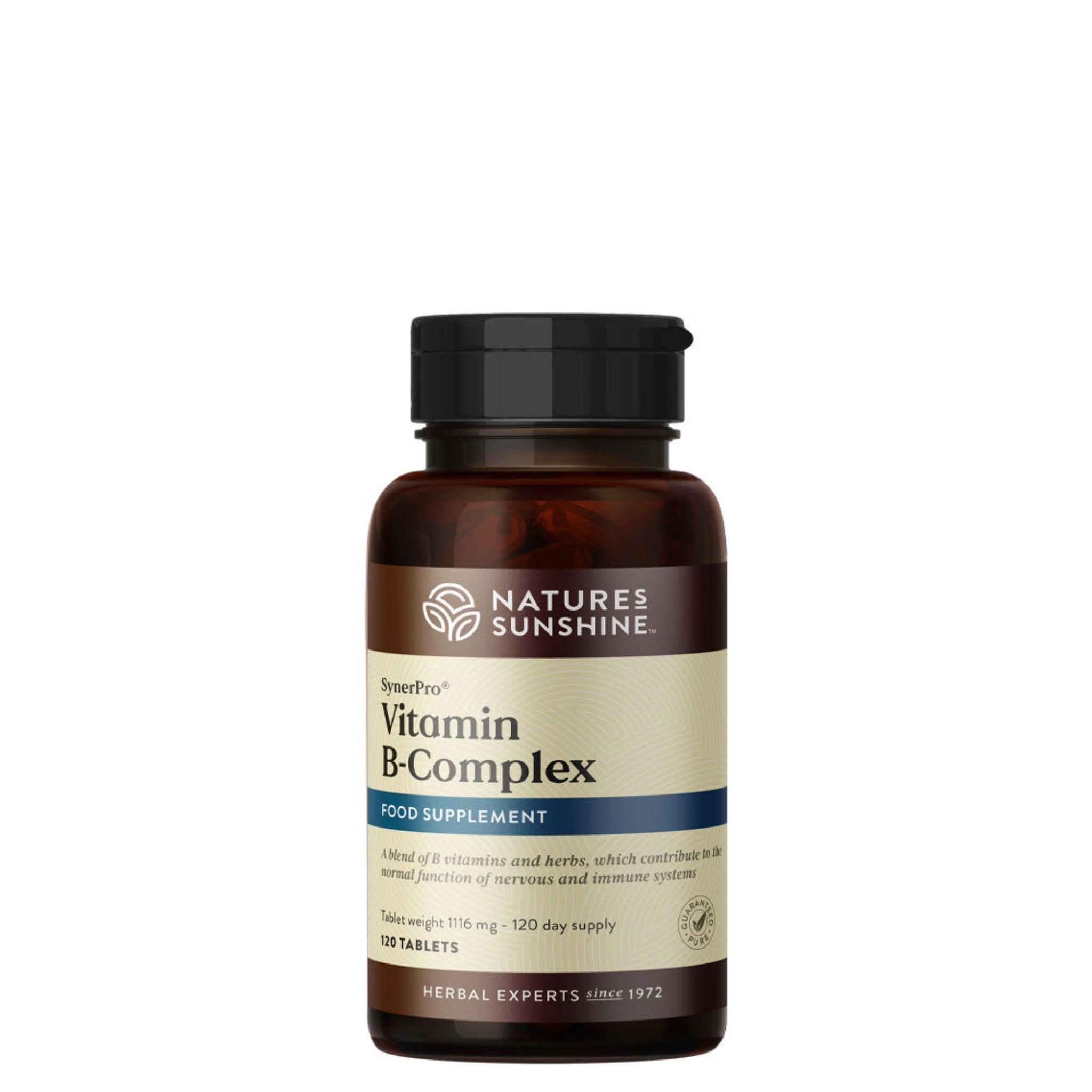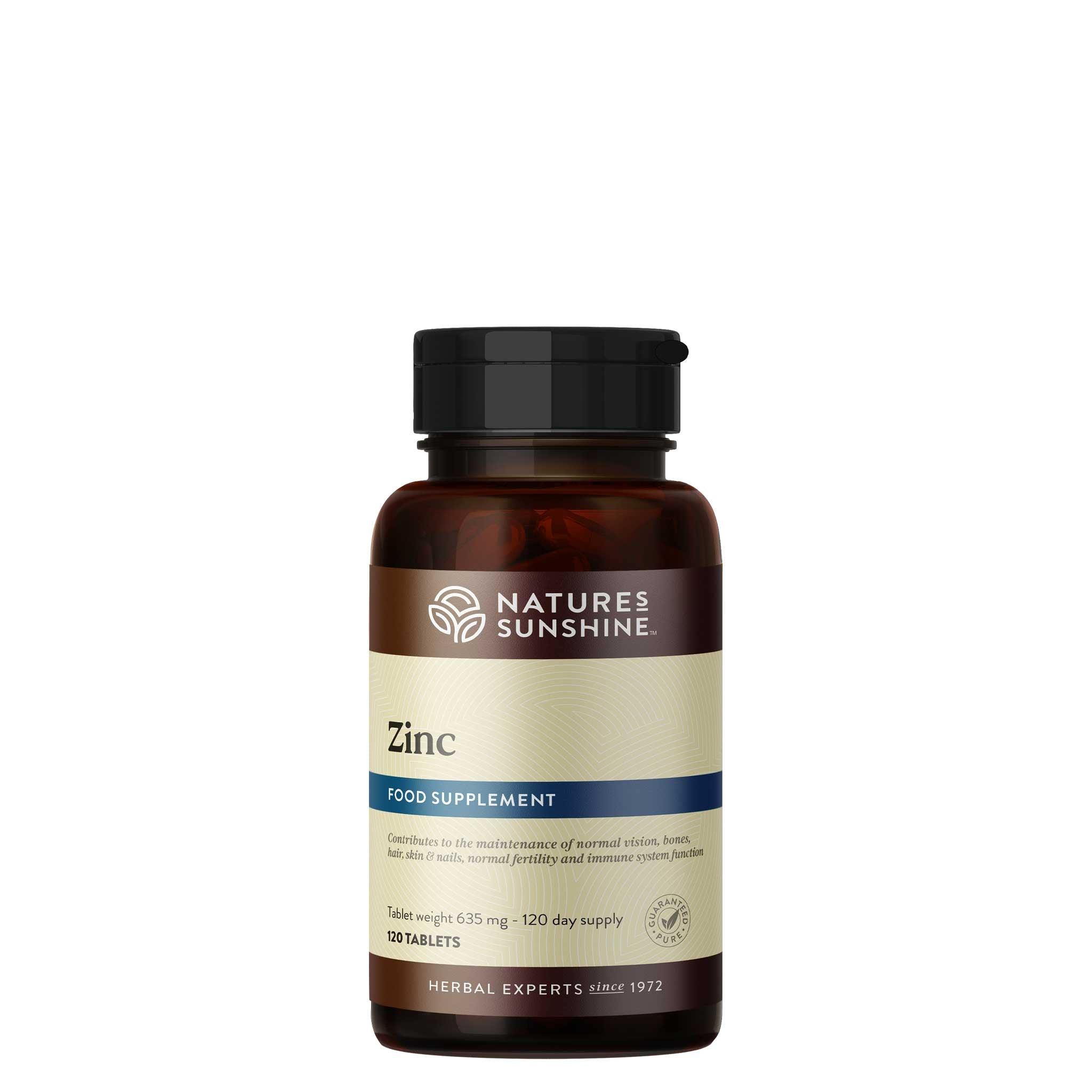It’s that time of year again when the days are short, the nights are long and the cold weather has made an appearance.
Some parts of the country have even seen some snow over the past fortnight so facing the cold, icy mornings can be hard to face without cranking up the heating.
However, there are several things you can do to stay feeling nice and toasty without bumping up your heating bill, so read on for some simple advice on the natural ways to stay warm this winter.
WHY KEEPING WARM IS IMPORTANT
Staying warm, particularly in winter, is important for several reasons. It can aid sleep and relaxation, boost your mood and help your body burn calories faster. It’s also essential for maintaining better overall health and wellbeing.
At this time of year, it’s essential you stay protected against a drop in temperature. Cold weather can affect your body’s ability to fight off viruses and infections.
This is especially important if you are aged 65 or over or have any underlying health issues, as some viruses are more dangerous for people with poor immune system health.
And if you are continually feeling cold despite your best efforts to stay warm, it might indicate a deeper health problem.
Poor circulation, liver, kidney or thyroid problems, diabetes, Vitamin B-12 deficiency and anaemia can all result in you feeling cold all the time. Also, if you’re underweight or suffer from eating disorders, your body might not be getting the nutrition it needs to keep your body warm and replenish your natural fat stores.
So, if you have always got the shivers, or your fingers and toes often feel cold and tingly, it’s worth getting a check-up from your GP just to make sure nothing is amiss with your overall health.

WAYS OF KEEPING WARM NATURALLY
There are plenty of cheap, easy and natural things you can do to raise your body temperature and stay warm and toasty in the winter months. Here are our top tips…
Wrap up warm
Even when you’re sat at home with the heating on full blast, it can be hard to stay warm at this time of year when it’s Arctic outside.
Wrapping up warm and dressing for the weather is vital.
Your body loses most of its temperature through the skin, so leaving parts of your body exposed to the elements, even indoors, can prevent you from staying warm. So, layer up.
Choose joggers or jeans and a comfy sweater instead of shorts and a t-shirt if you are lounging around at home.
Keeping your feet warm will also make your whole body feel warmer, so always wear socks and, if you like, slippers in the house rather than going barefoot.
Add a nice warm winter jacket and gloves if you are venturing outside for some fresh air. Cold, crisp walks are lovely this time of year and help lift your mood and get some fresh air into your lungs. Just make sure you wrap up warm if you do venture out.
Take a warm bath or shower
Just like your body loses its temperature through the skin, warming your skin up can help raise your whole-body temperature.
So, if you are feeling chilly, then why not take a nice, hot bath or shower to warm yourself back up.
Make it extra-relaxing with a few drops of your favourite essential oil. If you want to make your bathroom feel warmer when you’re done, don’t switch on your extractor fan.
Humidity makes the air feel warmer, so after you’ve finished your bath or shower, let the steam continue to circulate while you dry down.
Then, leave your bathroom door open so the humidity can spread to other parts of your home, to warm them up too, and stop your bathroom from getting damp or mouldy.
Avoid cold food and drinks
This one may seem obvious, but if you are already feeling cold, then drinking chilled drinks or eating cold food will only serve to cool your body temperature down further, rather than warm it up.
So, if you feel chilly, swap those cold salads for hearty, warming soups, go for a steaming hot bowl of porridge rather than cold milk and cereal at breakfast, and opt for tea, coffee or hot chocolate instead of ice-cold water, fizzy pop or beer.
Eat foods with a high thermic effect
When it comes to keeping warm, you can start from the inside by choosing foods with a high thermic effect, which help increase your metabolism.
The thermic effect relates to the number of calories your body needs to digest, absorb and process the nutrients from your meals.
Foods with a higher thermic effect require more energy to digest them, which raises your core body temperature.
Lean meat, fish, eggs, dairy, legumes, nuts, seeds and other protein-rich foods have a high thermic effect. Protein-based foods increase metabolic rate by an average of 15%–30%, compared with five to ten per cent for carbohydrates and less than three per cent for fats.
Protein reduces the drop in metabolism that usually occurs during weight loss when your body loses fat as it tries to keep its muscle mass.
Protein also takes longer to digest, so can help you feel fuller for longer and prevent overeating.
Get your minerals
Foods rich in certain minerals, including Iron, Zinc and Selenium, promote proper thyroid function, which helps maintain a healthy metabolism.
Although this trio of minerals play a host of different roles in your body, the one thing they have in common is that they all help your thyroid gland to produce sufficient amounts of hormones to support your key body systems.
Zinc, Selenium and Iron-rich foods like lean meat, fish, legumes, nuts and seeds will help ensure your thyroid is getting the nutrients it needs for optimal function.
Capsaicin, meanwhile, which is the active ingredient that gives chilli peppers, ginger and onions their heat, is a known metabolism booster. So, turning up the chilli heat will not only make your tastebuds tingle, it will also help you warm up from the inside.

Check out these links to find out more:
Disclaimer:
Information and other content provided in Lily & Loaf blogs should not be construed as medical advice and should not be considered a substitute for professional medical expertise. If you have any medical concerns, you should consult with your health care provider.
